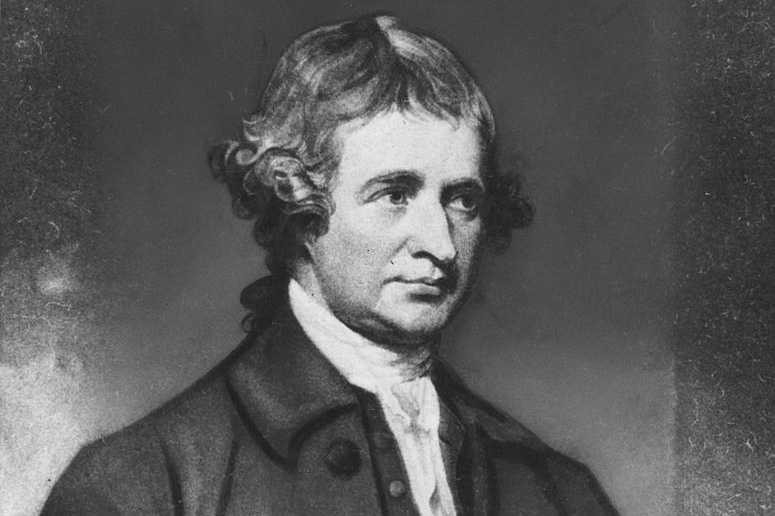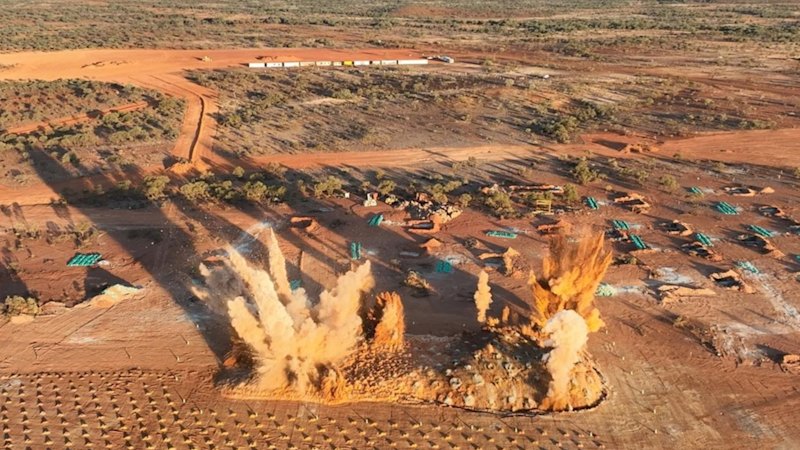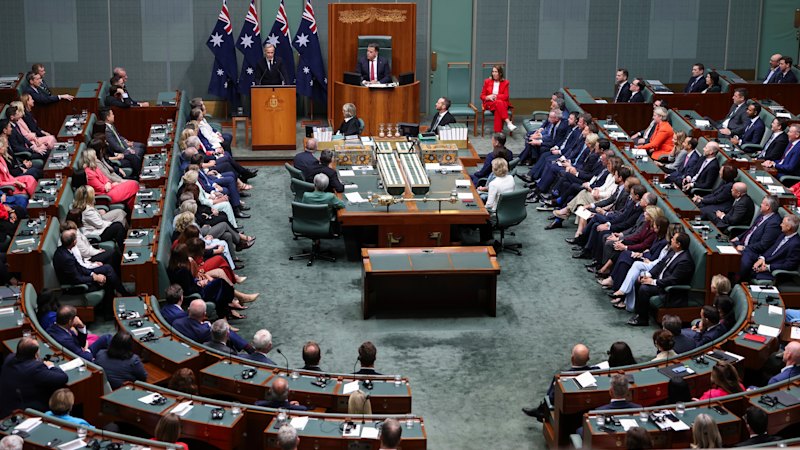
circa 1780: Irish born political philosopher and statesman Edmund Burke (1729 - 1797). (Photo by Hulton Archive/Getty Images)
UPDATE: Australia is facing a critical moment as discussions about the nation’s foundational democratic principles gain urgency. In a recent address, Adjunct Professor Reg Hamilton from Central Queensland University highlighted the legacy of James Hurtle Fisher, Australia’s first elected head of government, who championed representative democracy in 1840. This call for a renewed focus on democratic values comes amid growing tensions surrounding identity politics and social justice movements.
The debate echoes Fisher’s vision that representative government is “one of the most invaluable privileges of British subjects.” As protests against rising social discord unfold across Australian streets every weekend, many are calling for a return to the foundational principles of compromise and mature judgment that characterized the early days of the nation.
Why This Matters NOW: With the upcoming elections and social unrest, Australia stands at a crossroads. The push towards radical change has sparked fears that the core values of democracy, achieved through decades of struggle, could be undermined. Hamilton points out that while the nation’s early leaders sought to balance diverse interests within the colonies, the current political climate risks descending into chaos rather than constructive discourse.
Historically, during the 1850s, Australian colonies established liberal democracies that were remarkably ahead of their time. The introduction of the one-man-one-vote system laid the groundwork for a robust political framework. However, Hamilton warns that today’s focus on “identity” over merit may jeopardize these hard-won gains.
Reflecting on past challenges, he cites the 1890s shearer strikes, a period that tested the resolve of a fledgling democracy. The lessons learned from these events resonate today as Australia grapples with new socio-economic pressures exacerbated by rising energy costs and a changing political landscape.
Next Steps: As the nation confronts urgent economic challenges, Hamilton urges leaders to prioritize policies that foster growth and stability. He advocates for a focus on maintaining the prosperity that previous generations fought for, particularly in light of the sacrifices made during the world wars. Addressing issues like immigration and economic reform must take precedence over divisive rhetoric.
In closing, Hamilton invokes the wisdom of Edmund Burke, who emphasized the importance of compromise within parliamentary systems. “Change the government, change the country” should reflect responsible governance aimed at uniting rather than dividing. As Australia looks to its future, the emphasis must return to the collaborative spirit that built the nation.
As these discussions unfold, the call for a renewed commitment to the principles of democracy grows louder. The nation’s leaders must heed this urgent message to preserve the values that define Australia’s identity.





